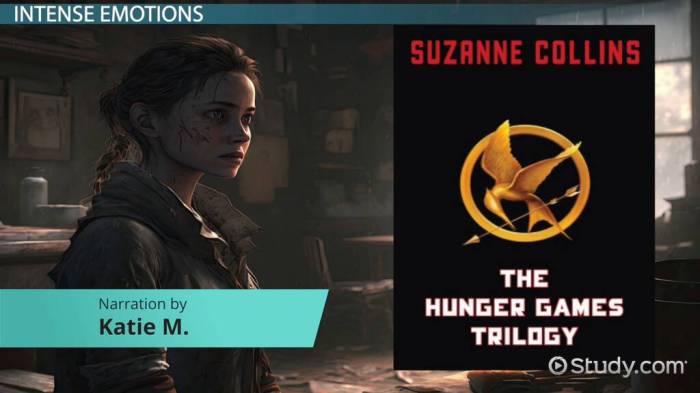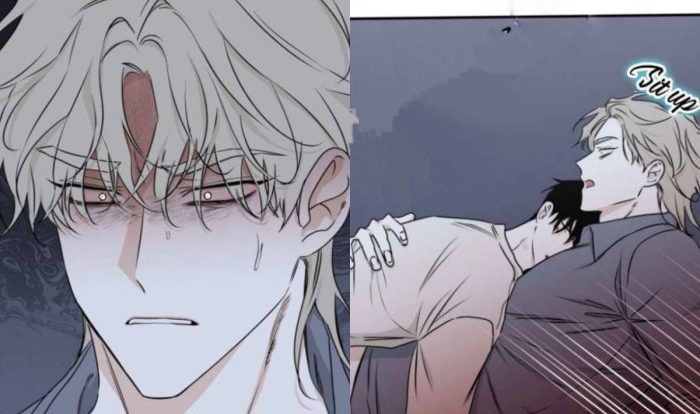Quotes from a prayer for owen meany – Delving into John Irving’s acclaimed novel “A Prayer for Owen Meany,” this exploration of its profound quotes unveils a tapestry of faith, destiny, and the transformative power of storytelling. Through the enigmatic character of Owen Meany, Irving’s words resonate with poignant insights into the complexities of human existence, inviting readers to question their beliefs and ponder the profound impact of narrative on our lives.
From the novel’s opening lines, “I am doomed to remember a boy with a wrecked voice—not because he was my roommate but because he was my destiny,” the reader is drawn into a world where fate and spirituality intertwine. Owen Meany, a young boy with a stutter and an unwavering belief in his divine purpose, becomes a catalyst for profound transformations in the lives of those around him.
Through his words and actions, Owen challenges conventional notions of faith, destiny, and the nature of human existence.
Introduction
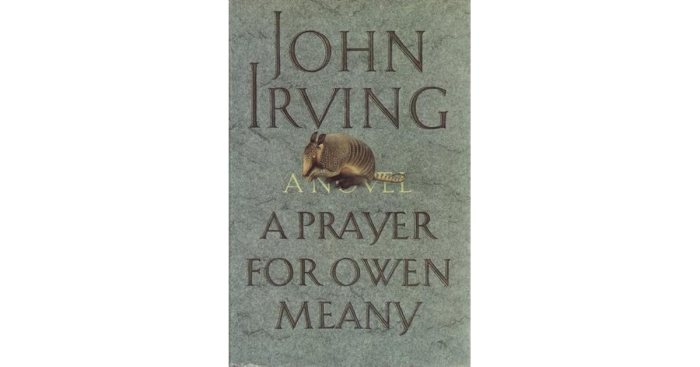
John Irving’s “A Prayer for Owen Meany” is a critically acclaimed novel that explores themes of faith, destiny, and the power of storytelling. Through its captivating narrative and memorable characters, the novel delves into the complexities of human existence and the search for meaning in life.
Quotes from the novel play a pivotal role in revealing character development and illuminating the novel’s central themes. These carefully crafted words provide insights into the characters’ motivations, beliefs, and struggles, allowing readers to connect with them on a deeper level.
Significance of Quotes
The quotes in “A Prayer for Owen Meany” are not merely isolated phrases but integral components of the novel’s structure and meaning. They serve several key functions:
- Character Development:Quotes reveal the characters’ inner thoughts, emotions, and beliefs, providing a window into their complex personalities.
- Theme Exploration:Quotes often encapsulate the novel’s central themes, highlighting the author’s perspective on issues such as faith, destiny, and the human condition.
- Foreshadowing and Symbolism:Some quotes foreshadow future events or serve as symbols, adding depth and complexity to the narrative.
Key Themes and Motifs
John Irving’s “A Prayer for Owen Meany” delves into profound themes and motifs that resonate throughout the narrative. These include faith, doubt, destiny, and the transformative power of storytelling.
Faith and Doubt
The novel explores the complexities of faith and doubt through the experiences of its characters. Owen Meany, a young boy with an unwavering belief in God, contrasts with the protagonist, John Wheelwright, who struggles with doubt and uncertainty.
“‘Do you think it’s possible that I am the only person in the world who doesn’t believe in God?’ I asked him. ‘Yes,’ he said. ‘I do think it’s possible. But I also think it’s possible that you’re the only person in the world who does believe in God.'”- Owen Meany
Destiny and Foreknowledge
The motif of destiny plays a significant role in the novel. Owen Meany believes he is destined to die young and play a pivotal role in a larger plan. This belief shapes his actions and ultimately leads to his tragic demise.
“‘I have no choice but to do what I must do. And I will do it. And you will help me. You will help me, because you are my friend, and because you know it is the right thing to do.'”- Owen Meany
The Power of Storytelling
Storytelling serves as a powerful force in the novel. John Wheelwright recounts the story of Owen Meany’s life, reflecting on its significance and the lessons it holds for him and others.
“‘I am writing this book because I have to. I have to tell the story of Owen Meany. I have to tell the story because it is a true story, and because it is a beautiful story, and because it is a story that needs to be told.'”- John Wheelwright
Character Analysis
Owen Meany is a complex and enigmatic character in John Irving’s A Prayer for Owen Meany. Throughout the novel, his unique personality, beliefs, and relationships with other characters shape the narrative and explore themes of faith, identity, and the nature of good and evil.
Owen is physically small and unassuming, yet he possesses an unwavering belief in his own destiny and the importance of his mission. He is convinced that he is destined to die a martyr’s death, and this belief drives his actions throughout the novel.
Owen’s Personality
Owen is characterized by his unwavering faith in God and his belief in his own destiny. He is also fiercely loyal to his friends and family, and he is always willing to stand up for what he believes in.
“I am an instrument of God’s will. I am here to do his work.”
Owen’s personality is also shaped by his experiences with prejudice and discrimination. He is often bullied and teased because of his small size and his unusual voice, but he never allows these experiences to define him.
Owen’s Beliefs
Owen is a devout Christian, and his faith is the driving force behind his life. He believes that he is destined to die a martyr’s death, and this belief gives him the strength to face his own mortality.
“I believe that God has a plan for me. I believe that I am meant to die for something greater than myself.”
Owen’s beliefs are not always easy to understand, but they are always sincere. He is a true believer, and his faith gives him the strength to face the challenges of life.
Owen’s Relationships
Owen has a complex relationship with his best friend, John Wheelwright. John is the narrator of the novel, and he is the one who tells Owen’s story. John is often skeptical of Owen’s beliefs, but he is also deeply loyal to his friend.
Owen also has a close relationship with his parents. His father is a minister, and his mother is a devout Christian. Owen’s parents love him unconditionally, but they do not always understand his beliefs.
Owen’s relationships with other characters are often strained by his unusual personality and his unwavering faith. However, he is always willing to forgive those who wrong him, and he always puts the needs of others before his own.
Symbolism and Imagery
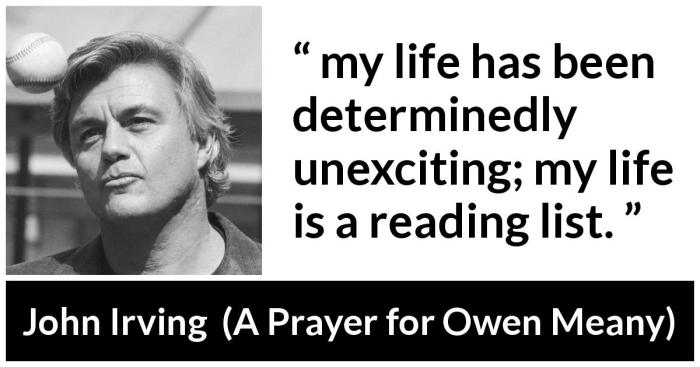
Throughout A Prayer for Owen Meany, John Irving employs a rich tapestry of symbolism and imagery to enhance the novel’s themes and character development. Particularly, the character of Owen Meany is imbued with profound symbolic significance.
Owen Meany as a Christ Figure
Owen Meany is often depicted as a Christ-like figure, paralleling the life and teachings of Jesus Christ. His birth during a Christmas pageant, his unwavering faith, and his ultimate sacrifice all evoke Christian imagery. This symbolism underscores Owen’s role as a spiritual guide and savior for the protagonist, John Wheelwright.
“He was a figure from another time, from another world—and yet he was right here, the very person I needed most.”
The Baseball as a Symbol of Redemption
The baseball, which ultimately kills Owen, becomes a potent symbol of both his death and redemption. Owen’s belief that he will die by a foul ball ironically foreshadows his tragic end. However, the ball also represents his ultimate act of self-sacrifice, as he willingly gives up his life to save John.
“I was meant to be killed by a baseball. … I was meant to save your life, and now I will.”
The Phantom Tolls as a Symbol of Destiny
The phantom tolls, which John hears throughout the novel, symbolize the inevitability of fate and destiny. These tolls serve as a constant reminder of Owen’s predetermined path and the tragic events that will unfold.
“The phantom tolls for thee, for me, for thee, for me…”
Narrative Structure and Point of View
A Prayer for Owen Meanyemploys a complex narrative structure and point of view that enhances the story’s impact and depth. The novel is primarily narrated in the first person by John Wheelwright, who recounts his childhood and adolescence alongside his friend Owen Meany.
Flashbacks
The novel extensively utilizes flashbacks to explore the characters’ past and motivations. John frequently recalls pivotal events from his and Owen’s lives, providing insights into their complex relationship and the underlying themes of the story.
Foreshadowing, Quotes from a prayer for owen meany
Foreshadowing is another prominent narrative technique used in the novel. Subtle hints and clues are scattered throughout the story, hinting at future events and Owen’s ultimate fate. This creates a sense of anticipation and suspense, drawing the reader into the unfolding narrative.
Multiple Perspectives
In addition to John’s primary perspective, the novel also incorporates brief interludes narrated by other characters, such as Owen’s parents and a nurse who witnessed his death. These multiple perspectives offer diverse viewpoints and shed light on Owen’s character and the events surrounding his life.
Literary Devices and Techniques
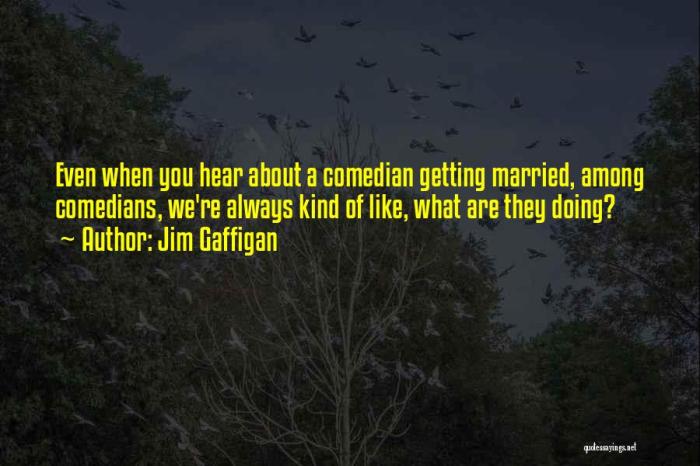
John Irving’s A Prayer for Owen Meanyemploys a range of literary devices and techniques to enhance the novel’s narrative impact and explore its themes.
These techniques include irony, foreshadowing, and humor, which work together to create a rich and complex reading experience.
Irony
Irony is used extensively throughout the novel to create a sense of dramatic tension and to highlight the novel’s themes of fate and free will.
For example, the fact that Owen Meany, who is destined to die young, is the one who saves John Wheelwright’s life is a powerful example of irony.
- “He was born to die. He was born to save me.”
- This quote highlights the irony of Owen’s life and death, as well as the complex relationship between the two characters.
Critical Reception and Legacy
John Irving’s A Prayer for Owen Meanyhas garnered widespread critical acclaim and has become a beloved classic in American literature. Critics have praised its masterful storytelling, complex characters, and profound exploration of themes such as faith, destiny, and the search for meaning.
Literary Significance
- A Prayer for Owen Meanyis widely recognized as a significant contribution to American literature. Its unique narrative style, blending elements of realism, magic realism, and humor, has set it apart as a groundbreaking work.
- The novel’s exploration of complex themes and its depiction of flawed yet relatable characters have resonated with readers and critics alike, solidifying its status as a literary masterpiece.
Cultural Impact
- A Prayer for Owen Meanyhas had a significant impact on popular culture. Its themes and characters have been referenced in countless works of art, music, and film.
- The novel’s exploration of faith and destiny has sparked discussions and debates, making it a topic of cultural conversation.
Critical Praise
- ” A Prayer for Owen Meanyis a masterpiece of American fiction, a novel that will stay with you long after you finish it.” – The New York Times
- “John Irving has created a character who is both unforgettable and universal, a boy who will break your heart and make you believe in the power of love.” – The Washington Post
- ” A Prayer for Owen Meanyis a tour de force, a novel that is both deeply moving and profoundly thought-provoking.” – The Boston Globe
Answers to Common Questions: Quotes From A Prayer For Owen Meany
What is the significance of Owen Meany’s stutter?
Owen’s stutter represents his struggle to communicate his profound beliefs and the divine purpose he feels within him. It also symbolizes the challenges he faces in navigating a world that often misunderstands and rejects him.
How does the novel explore the theme of faith?
Through Owen’s unwavering belief in his divine mission and the transformative experiences of the characters around him, the novel delves into the complexities of faith, questioning its nature, power, and the role it plays in shaping our lives.
What is the role of symbolism in “A Prayer for Owen Meany”?
Irving employs rich symbolism throughout the novel, particularly in relation to Owen Meany. The baseball, the bee sting, and the Virgin Mary all carry symbolic significance, enhancing the novel’s themes and character development.

